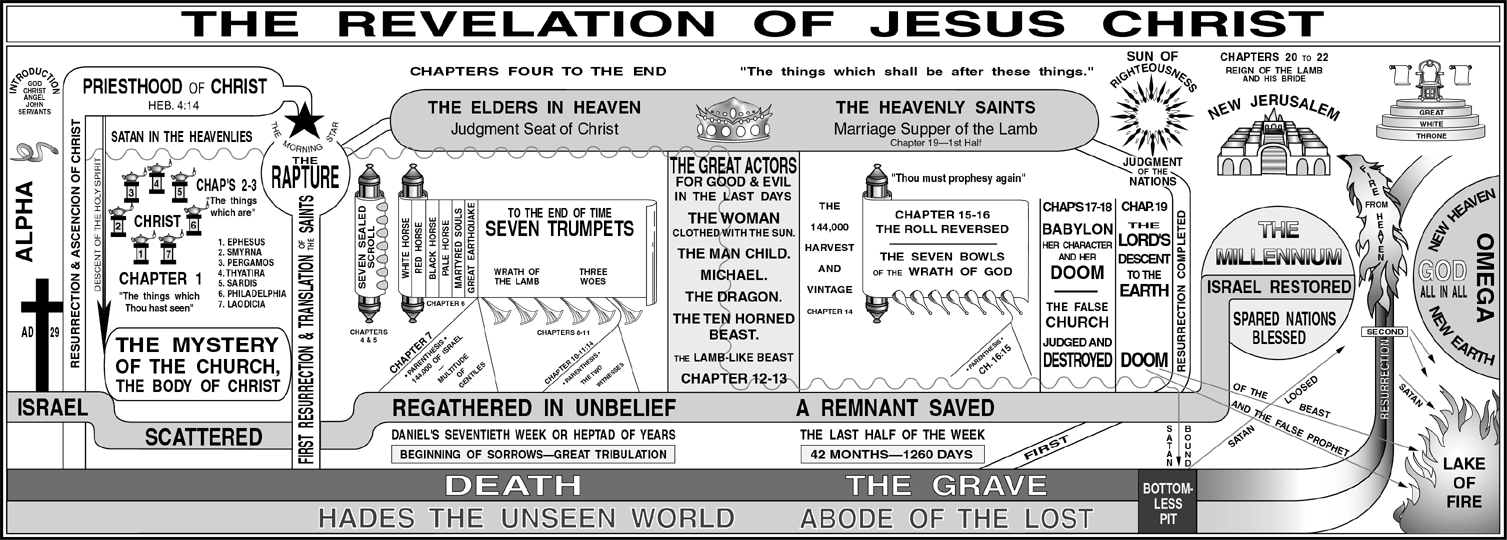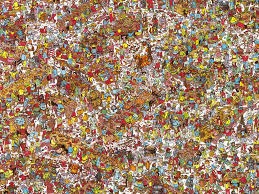🔱 The Eagle Totem and America's Founding Spirit
"Eagle totem is the symbol of freedom with powerful symbolic meaning of timing, victory, and spiritual quest... helping you to discover your personal power and the route to the destiny of your choosing." — Presley Love
- The American Bald Eagle was chosen as the emblem of a new nation—bold, free, and spiritually driven.
- The Founders embodied the eagle’s symbolism, crafting a Constitution that began with a promise:
"We the People of the United States, in Order to form a more perfect Union..."This Preamble laid the foundation for justice, liberty, and the pursuit of a chosen destiny.
⚖️ Law and the Rise of the “Ill-Eagle”
- In 2014, the eagle’s symbolism seemed inverted—freedom replaced by legal entanglement.
- Laws proliferated to the point where everyone risks becoming a criminal.
"The only power any government has is the power to crack down on criminals... One declares so many things to be a crime that it becomes impossible for men to live without breaking laws." — Ayn Rand
- The path to personal power now resembles a toll road:
- Sovereignty is conditional.
- Licensing and payment dictate access to opportunity.
- Destiny is no longer chosen—it’s purchased.
🧨 The Inverted Preamble: A Satirical Mirror
We the citizens of the United States of America, for a disorder forming a more corrupt Union, monetize justice, insure domestic unrest, provide a common offense, promote the general dependency, and secure by the monetization of any blessings of our freedoms while indoctrinating posterity, do disdain and pervert this Constitution for the United States of America for profit.
- A biting parody that reflects the commercialization of justice and the erosion of liberty.
- The Constitution, once a beacon, now risks becoming a corporate charter.
🚓 Law Enforcement and the Broken Oath
On my honor, I will never betray my badge... I will always uphold the constitution...
- The Law Enforcement Oath is noble in words but often void in practice:
- Qualified immunity shields misconduct.
- Agency loyalty can conflict with public trust.
- Excessive force is rationalized, even when avoidable.
- A single punch can justify a fatal shot—where the greater crime becomes defiance, not disproportionate response.
🧠 Wisdom, Innovation, and the Cycle of Decline
"...he that will not apply new remedies, must expect new evils; for time is the greatest innovator..." — Sir Francis Bacon
- Civilization risks regression without timely innovation.
- Progress is not guaranteed—a new Dark Age looms if we fail to act.
- The cycle of man-made suffering will continue unless:
- We forgive transgressions.
- We sacrifice corrupted systems.
- We rise like the Phoenix, reborn from the ashes of decay.
🔥 Toward Rebirth: A Call to Rise
- The eagle must shed its “ill” and reclaim its totemic power.
- We must choose wisdom over profit, justice over convenience, and liberty over licensing.
- Only then can we soar again—not as consumers of freedom, but as its creators.


















